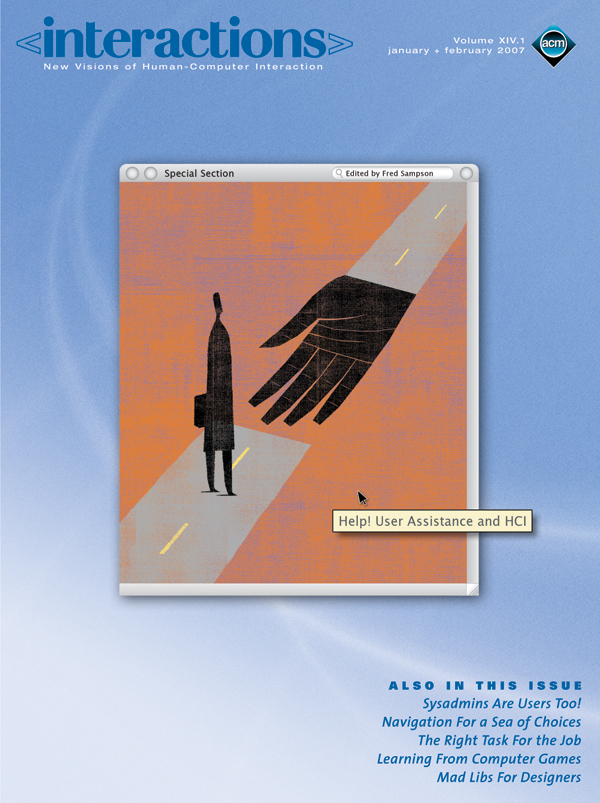Authors:
Sachin Patil, Kay Howell
Advanced information technologies offer hope of reshaping learning through interactive games and simulations. Highly interactive simulations and synthetic game environments place the student in cognitive disequilibrium by presenting obstacles to goals, contradictions, and theoretical dilemmas. The success of some video games, including Civilization IV, the Sims, and Roller Coaster Tycoon, has demonstrated that games can teach higher-order thinking skills such as strategic thinking, interpretative analysis, problem solving, plan formulation and execution, and adaptation to rapid change. Learning often improves when students are stimulated to ask questions and when there are facilities for receiving timely, relevant, correct, and informative answers…
You must be a member of SIGCHI, a subscriber to ACM's Digital Library, or an interactions subscriber to read the full text of this article.
GET ACCESS
Join ACM SIGCHIIn addition to all of the professional benefits of being a SIGCHI member, members get full access to interactions online content and receive the print version of the magazine bimonthly.
Subscribe to the ACM Digital Library
Get access to all interactions content online and the entire archive of ACM publications dating back to 1954. (Please check with your institution to see if it already has a subscription.)
Subscribe to interactions
Get full access to interactions online content and receive the print version of the magazine bimonthly.







Post Comment
No Comments Found